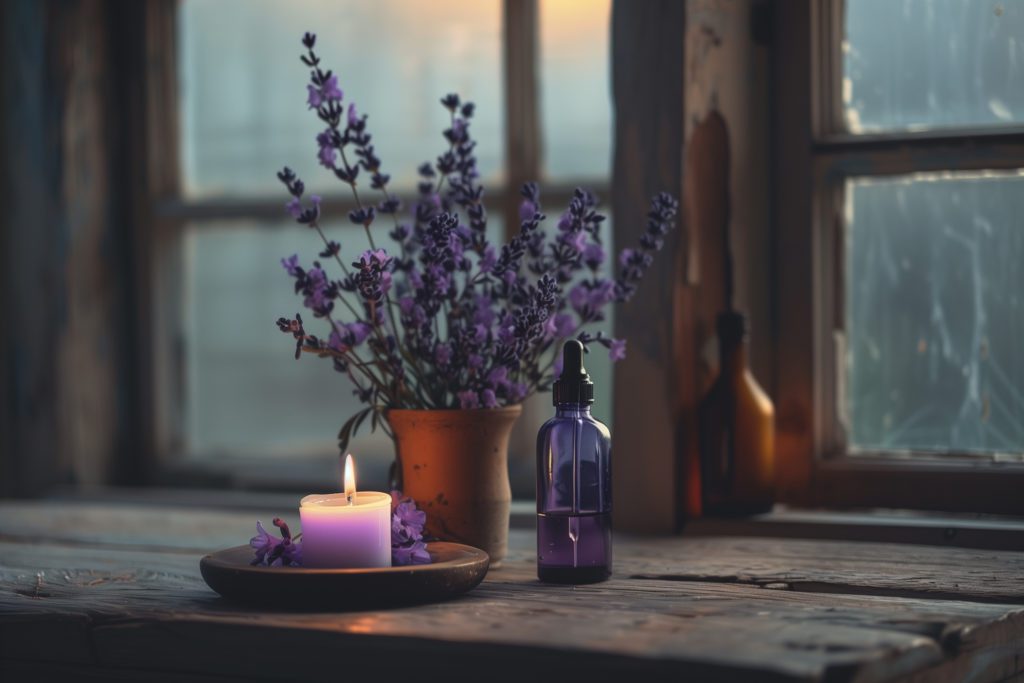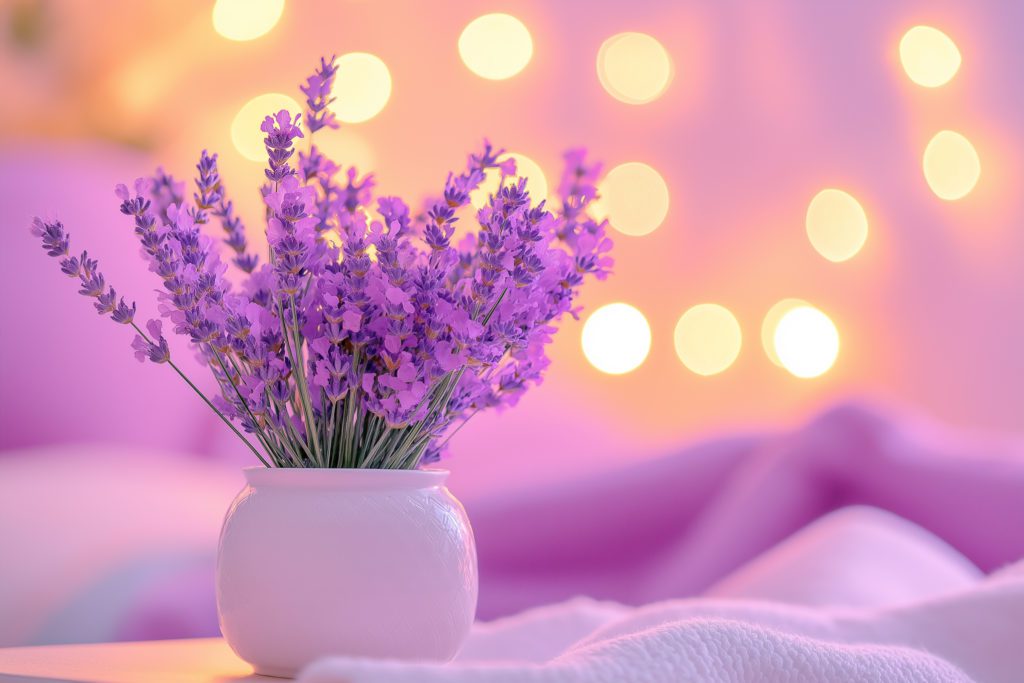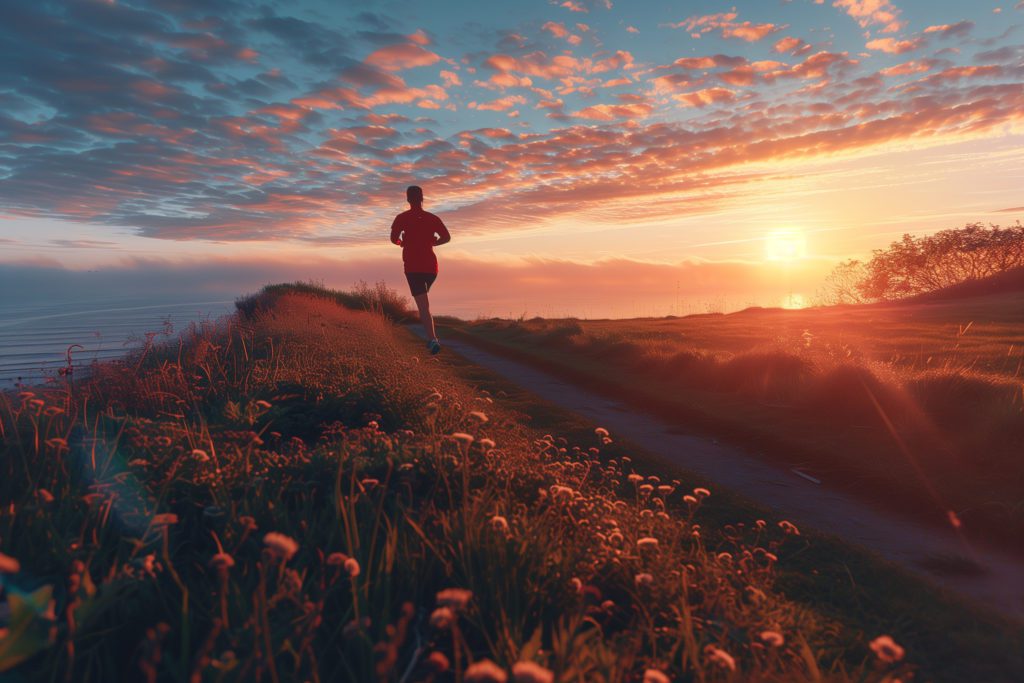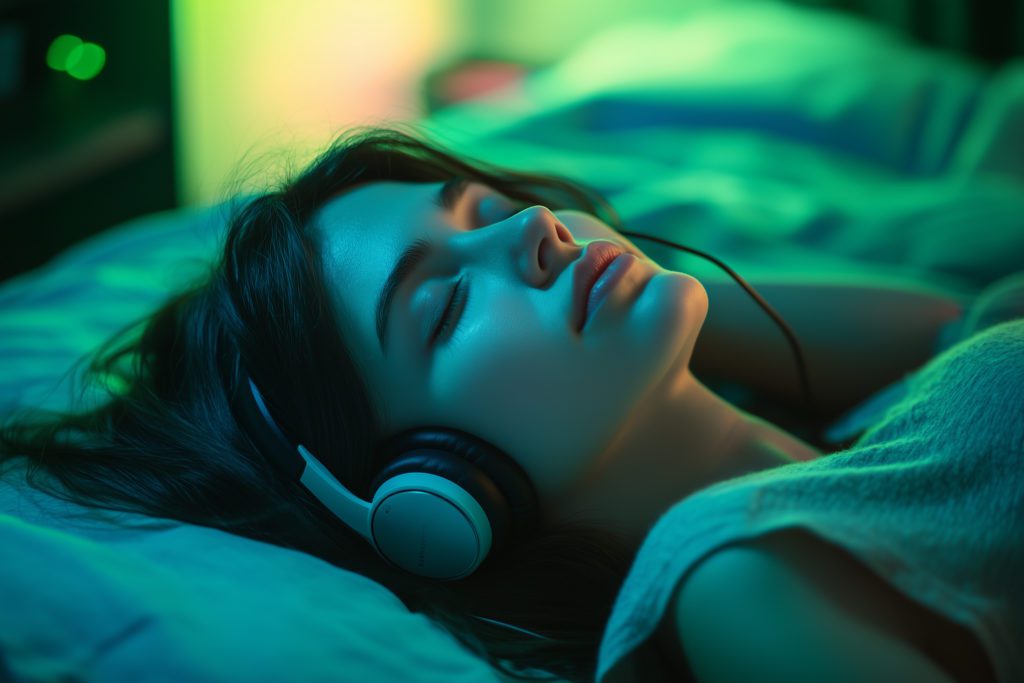
How Aromatherapy Can Enhance Rest and Relaxation
Have you ever used essential oils? Learn how aromatherapy can benefit your rest and relaxation and what oils are best for your daily life.

While many people are just awakening to the power of aromatherapy, people don’t realize it has been around for thousands of years. Hippocrates was the father of modern medicine and one of the first to advocate for aromatherapy due to how he believed it to benefit people’s health. As part of integrative medicine, aromatherapy has the ability to truly transform our lives, but more importantly, to aid in our resting and relaxation.
In this article, we’ll explore how and why aromatherapy can enhance rest and relaxation, including what scents are best for this function, the scientific explanation behind aromatherapy’s effects on us, and more. We’ll even uncover how you can use aromatherapy in your daily life and some expert tips to make the most of your new routine. Let’s first explore why aromatherapy relaxes us and helps us rest before we decipher the best scents for this practice.
The Scientific Explanation for Why Aromatherapy Relaxes Us
Whether we want to believe it or not, there is a physiological explanation for why aromatherapy relaxes us and helps us rest. Many people believe that aromatherapy, through essential oils, reaches specific receptors in your nose that then send messages to your brain. From there, it will impact your limbic system, hypothalamus, and more, all of which have a beneficial reaction that stimulates your emotions, memories, and the release of serotonin, or the “feel-good brain chemical.”
So, whether you put some essential oils through a diffuser or you opt to place the diluted substances directly on the skin, your body interacts with these scents in an exciting way, even engaging your nervous system. But what scents are best for relaxation and rest? That’s the next topic we’ll explore because not all essential oils are created equal. Some scents, like rosemary and lavender, will help you more than others when it comes to your relaxation and rest.
What Scents Are Best for Rest and Relaxation?
There are several scents to choose from for your aromatherapy, but there are some that will encourage a state of relaxation more so than others. Here are some of the most common scents that are used in aromatherapy for rest and relaxation:
- Lavender: Known for its beautiful floral scent, lavender is believed to help promote calmness and wellness while also reducing stress, anxiety, and even some minor aches and pains you might feel in your body (Source: ICPH).
- Rosemary: While not one of the first scents that you might think of, rosemary can provide you with numerous benefits, ranging from being an anti-inflammatory, antiseptic, and also being a muscle relaxant.
- Geranium and Rose: These delicate floral scents are known for their use in perfumes, but they can also encourage relaxation and help with reducing anxiety. They can also help support healthy lymph node drainage!
- Jasmine: This essential oil is best for those who want to reduce their likelihood of depression while also calming their nervous system. If you struggle with feeling anxious or depressed, jasmine might be a great essential oil to try.
These are just a few of the scents people use for relaxation, but hopefully, they provide you with a look at what scents you can add to your life to incorporate more aromatherapy. There are several ways to use aromatherapy, but let’s discuss some of the most successful when it comes to promoting rest and relaxation.
How to Use Aromatherapy for Rest and Relaxation
One of the great benefits of aromatherapy is that there are so many ways to use it to help promote rest and relaxation. Whether you meditate with a roller of essential oils or opt for a bath, you can incorporate this practice in any way that you choose. Here are some ideas that you can try in your own daily life:
- Use an Essential Oil Roller: With a blend of your chosen essential oils diluted with water, create a roller so that you can apply it to specific points around your body for enhanced relaxation.
- Get a Diffuser for Your Space: People love how easy diffusers are. You can buy a small one, put it on for an hour at a time, and then add your favorite essential oils. Make sure you clean it well after each use!
- Aromatherapy Massages: If you are genuinely looking to relax, why not incorporate these essential oils in a massage? One study showed that using lavender oil during your massage led to less stress and burnout (Source: Evidence-Based Complementary and Alternative Medicine).
- Combine Aromatherapy with Other Modalities: You don’t have to use aromatherapy alone; you can combine it with other proven methods of relaxation. For instance, athletes incorporated relaxing imagery and aromatherapy and found that they were more relaxed and had a reduced heart rate as a result.
Tips for Using Aromatherapy at Home
If you’re looking for ways to relax and unwind, aromatherapy can be a great solution, but you should keep a few things in mind. For starters, don’t try to implement a routine that doesn’t make sense to you. If you dislike lavender, you don’t have to use it. Find a scent that fits what you like and can be easily incorporated into your lifestyle.
Additionally, be mindful of diluting your essential oils, and don’t overdo it. As always, conduct a patch test to ensure that your essential oils do not cause allergic reactions. As long as you practice proper precautions and take steps that fit your lifestyle, you’ll find ways to benefit from this exceedingly beneficial health practice!
How Will You Use Aromatherapy in Your Daily Routine?
With so many ways that you can incorporate aromatherapy into your life, it’s up to you how you leverage this outstanding practice! Whether you choose to get a diffuser or you opt for something simpler to practice in the morning, your options are endless. For more details about how to encourage proper rest while enhancing your sleep health, visit our website today to read articles on the latest research.
FAQ
Are there any side effects associated with aromatherapy?
While generally safe, some people may experience allergic reactions, skin irritation, or headaches. Essential oils should always be diluted before applying to the skin, and a patch test is recommended. If you have asthma or allergies, consult a healthcare provider before using aromatherapy.
How do I choose high-quality essential oils for aromatherapy?
Look for 100% pure, undiluted essential oils without synthetic additives. Check for Latin botanical names on labels and choose oils from reputable brands. Opting for organic or therapeutic-grade oils can ensure better quality and effectiveness for relaxation and wellness.
Is aromatherapy safe for children and pets?
Some essential oils can be toxic to children and pets. Always use child-safe dilutions and ensure proper ventilation. Research safe oils for specific age groups and consult a pediatrician or veterinarian before diffusing essential oils at home.
Can aromatherapy be used during pregnancy?
Some essential oils, like lavender and chamomile, may be safe during pregnancy, but others, such as clary sage and rosemary, should be avoided. Always consult a healthcare provider before using aromatherapy while pregnant to ensure safety for both the mother and baby.
Can I ingest essential oils for relaxation purposes?
Ingesting essential oils is not recommended without guidance from a certified professional, as they can be toxic or cause digestive irritation. Instead, aromatherapy benefits are best achieved through inhalation or diluted topical application for safe and effective relaxation.
Do essential oils expire or lose their effectiveness?
Yes, essential oils degrade over time due to oxidation. Store them in dark glass bottles away from heat and sunlight. Most oils last 1-3 years, but citrus oils expire faster. Expired oils lose potency and may cause skin irritation, so always check for changes in scent and texture.

Written by
Marie Soukup
Marie Soukup is a seasoned copywriter, editor, and Integrative Nutrition Health Coach with a certificate from the Institute of Integrative Nutrition (IIN). With years of experience working with brands across diverse industries, Marie is passionate about holistic health and crafting compelling content.
Download Pillow
Get help
Press & News
Legal
Connect
X (Twitter)
Company
Copyright © Neybox Digital Ltd.



